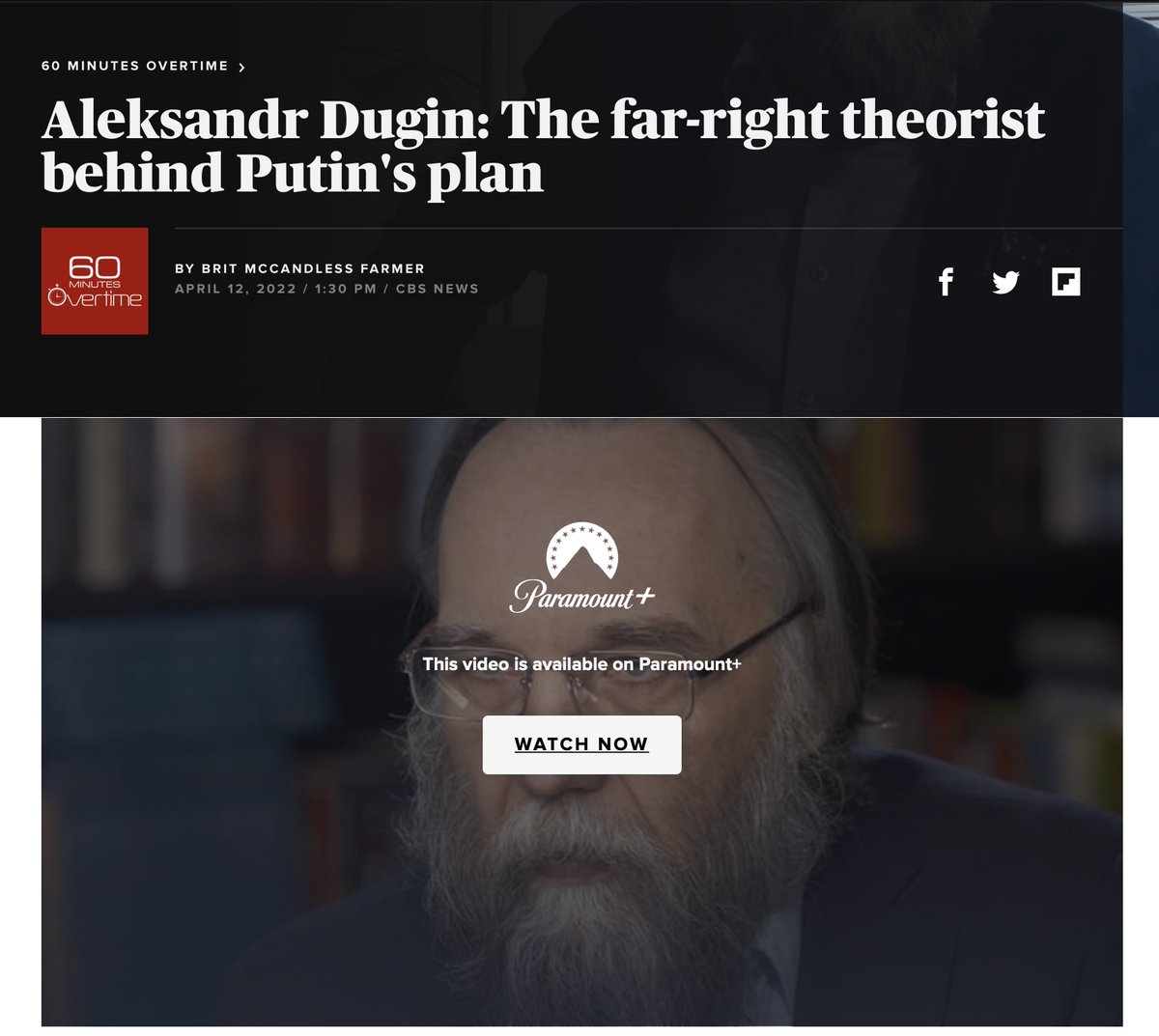1. Every major military industrial complex in the world relies upon the CNC cutting machines to mass produce precise components -> weaponry
2. No one is capable of producing them without the continuous import of machines, machine parts and expendables
3. From the U.S. allies https://t.co/UZ1qF3YTYA

2. No one is capable of producing them without the continuous import of machines, machine parts and expendables
3. From the U.S. allies https://t.co/UZ1qF3YTYA
https://twitter.com/alexykot/status/1679794029775450112

The vast qualitative gap in the machine tool production is of major strategic significance. First, catching development producers produce subpar equipment. Second, supply chain for their production starts in Western Europe or Japan for the lack of alternatives
See Russia (2015)
See Russia (2015)

In 2015, the Russian gov saw itself as absolutely dependent upon the import of machine parts from the Western Europe and Japan. In no single category did it see a chance of substituting the European and the Japanese critical components with the Chinese production
No alternative
No alternative
China is progressing rapidly, largely due to the Western European and Japanese producers localising their manufacture and doing technology transfer. But catching up will take years. At this point it can't substitute the European and Japanese supplies in too many categories
2023
Whenever the Russian military producers can, they secure Western European and Japanese supplies
When they can't, they do Taiwan and South Korean
China is the last choice option. In too many categories the option of choosing Chinese does not exist and will not for a while
Whenever the Russian military producers can, they secure Western European and Japanese supplies
When they can't, they do Taiwan and South Korean
China is the last choice option. In too many categories the option of choosing Chinese does not exist and will not for a while
NB: this does not mean China is not a significant supplier for the Russian military industry. Of course it is. The European and the Japanese manufacturers localised in China plays a disproportionate role here, compared with Chinese brands
Which explains a somewhat puzzling pattern of Chinese brands having almost no representation in the Russian military industry before Feb 2022. Like seriously, you could easier see a Turkish rather than a Chinese machine there
(there could an element of conscious exclusion, too)
(there could an element of conscious exclusion, too)
I don't want to underrate Chinese progress. It is real and it is fast. But assuming China can catch up with the old industrial powers of Europe and Japan anytime soon is just wrong
If there's an alternative it's not China. It's Taiwan and South Korea. They're far more advanced
If there's an alternative it's not China. It's Taiwan and South Korea. They're far more advanced

Once again, the focus of the Ukrainian government & associated is wrong
They (e.g @McFaul @AndriyYermak) are doing it wrong
They won't be able to achieve any significant result in undermining the Russian war production continuing to do what they are doing
They (e.g @McFaul @AndriyYermak) are doing it wrong
They won't be able to achieve any significant result in undermining the Russian war production continuing to do what they are doing
What to do:
Supply chain for the Russian military/dual use industry usually works like this:
(a) Foreign-based supplier -> (b) Russian-based intermediary -> (c) Military consumer
It's usually very simple and straightforward. Nobody hides as there's no need to hide
Supply chain for the Russian military/dual use industry usually works like this:
(a) Foreign-based supplier -> (b) Russian-based intermediary -> (c) Military consumer
It's usually very simple and straightforward. Nobody hides as there's no need to hide
The first thing to do is to carpet bomb the (b). There's a list. Taken them all and sanction them all + their CEOs, too. It's businessmen doing business -> they react to incentives
Stop sanctioning "corrupt officials"
Sanction war enablers -> (b) link of the supply chain
Stop sanctioning "corrupt officials"
Sanction war enablers -> (b) link of the supply chain
Of course, there are variations. There are even examples of suppliers who actually hide and were trying to hide their links with the military industry even before 2022. E.g. the DMG Mori AG
Most don't. Carpet bomb them & their executives with sanctions. Again, there's a list
Most don't. Carpet bomb them & their executives with sanctions. Again, there's a list
Once you bombed the (b) link -> introduced a financial disincentive for supplying the military production, the system of incentive changes -> economic actors change their behaviour accordingly. Including the *new* actors who come instead of the bombed
To sum up, the first thing you should do is to take the list of the Russia-based suppliers (=intermediaries) of production equipment for the military industry and to sanction them and their executives, too. It's easy to do, they're all all Russian companies -> easy to sanction
The end
• • •
Missing some Tweet in this thread? You can try to
force a refresh

 Read on Twitter
Read on Twitter












